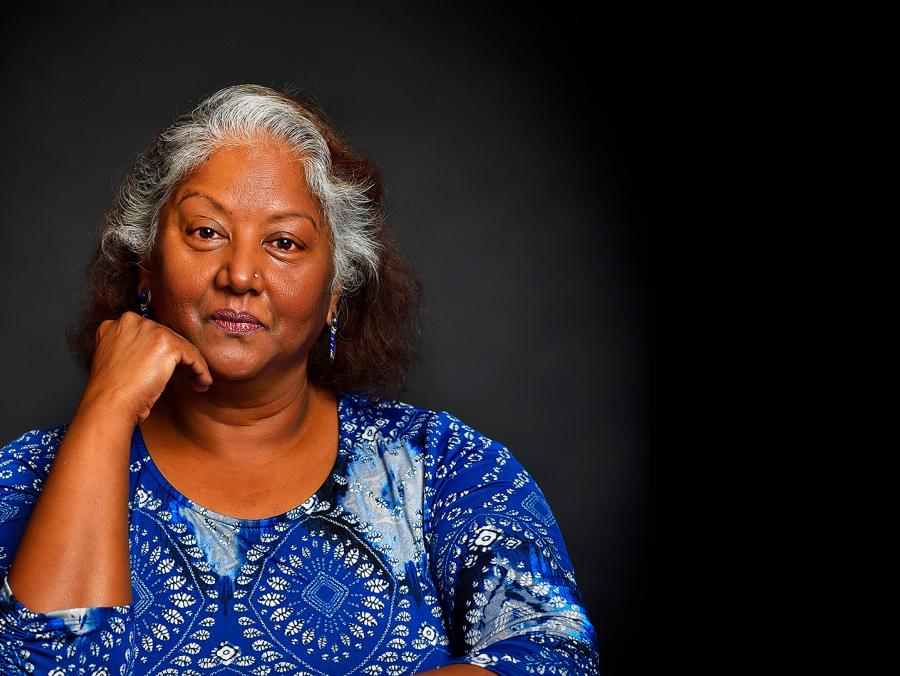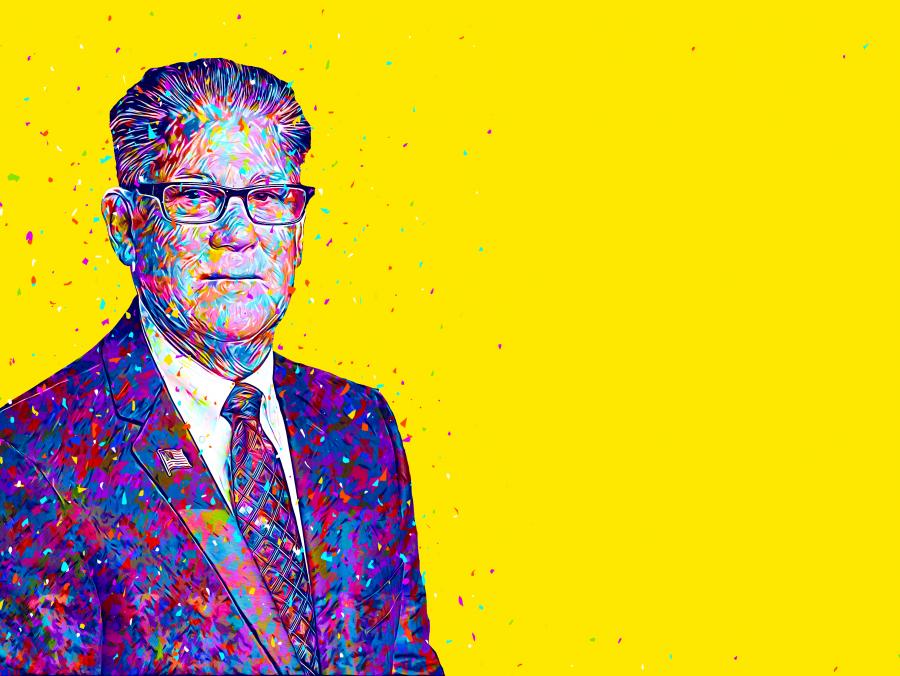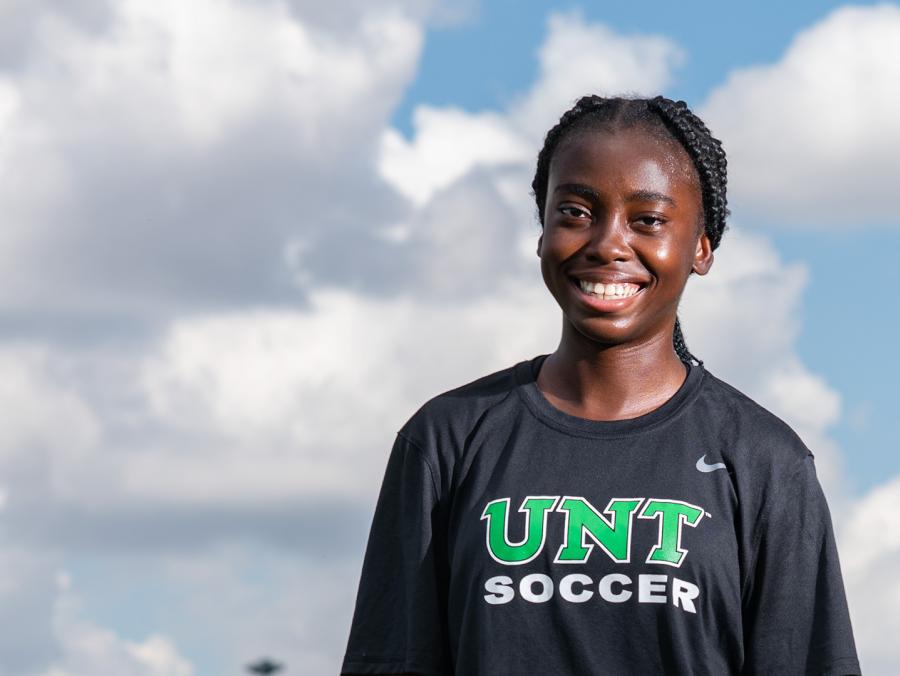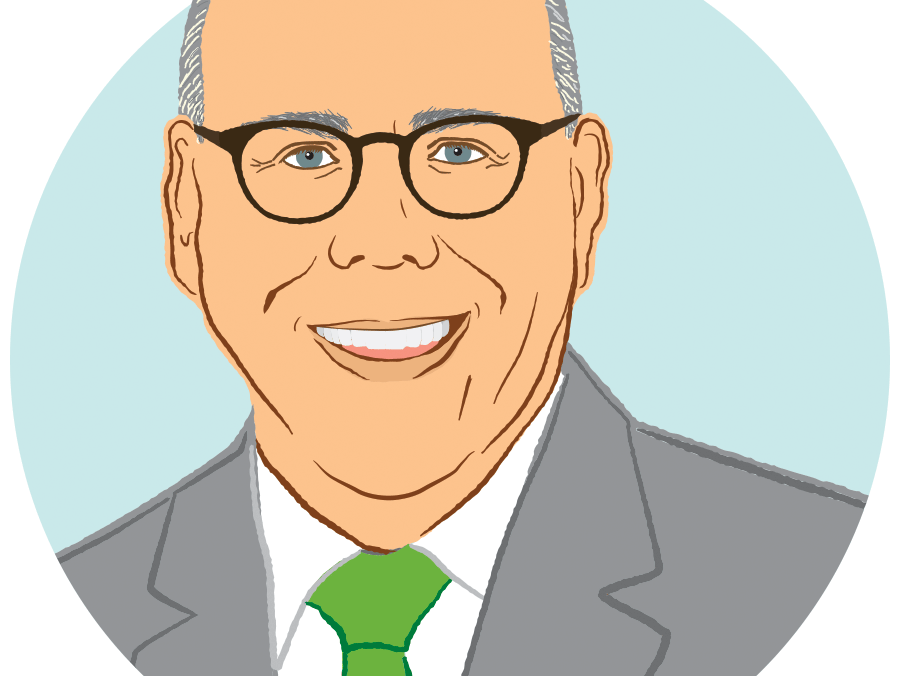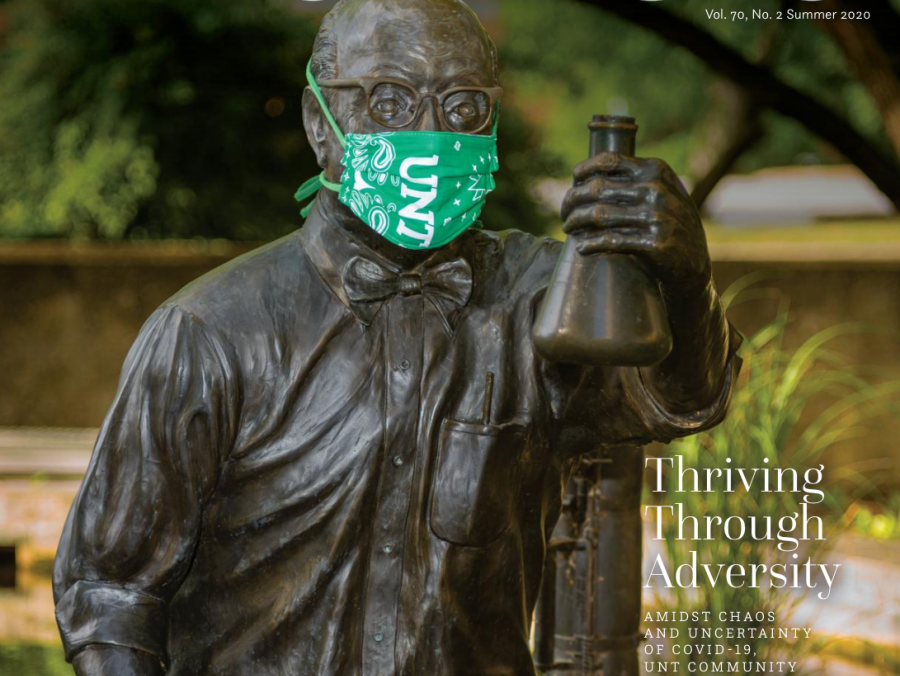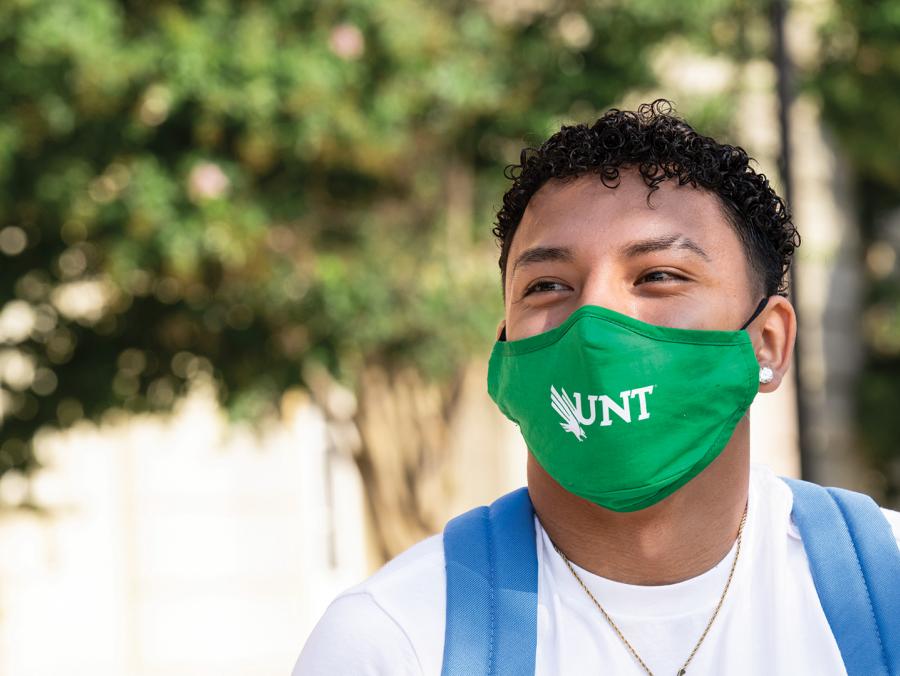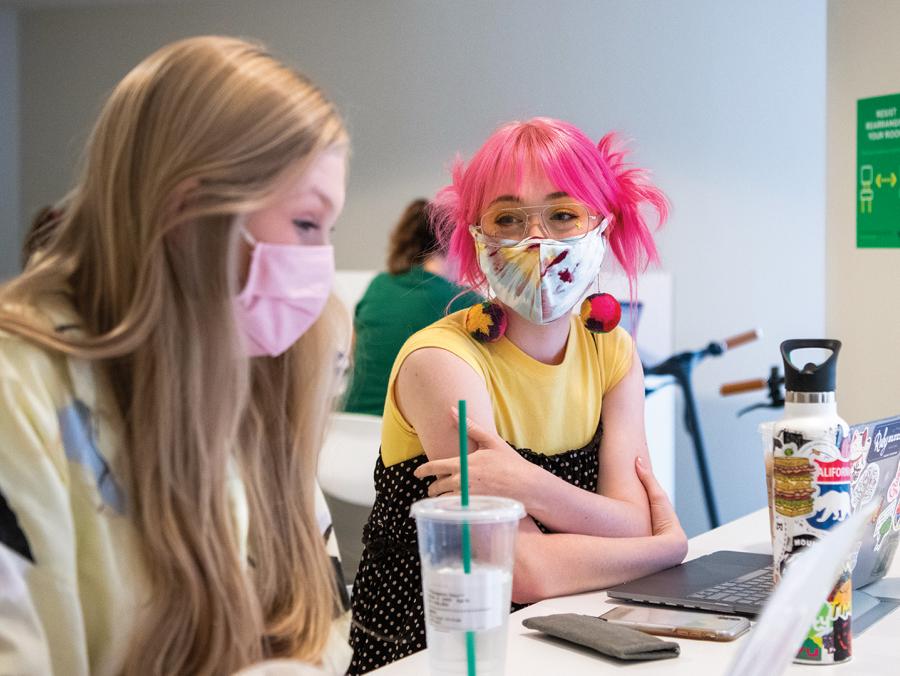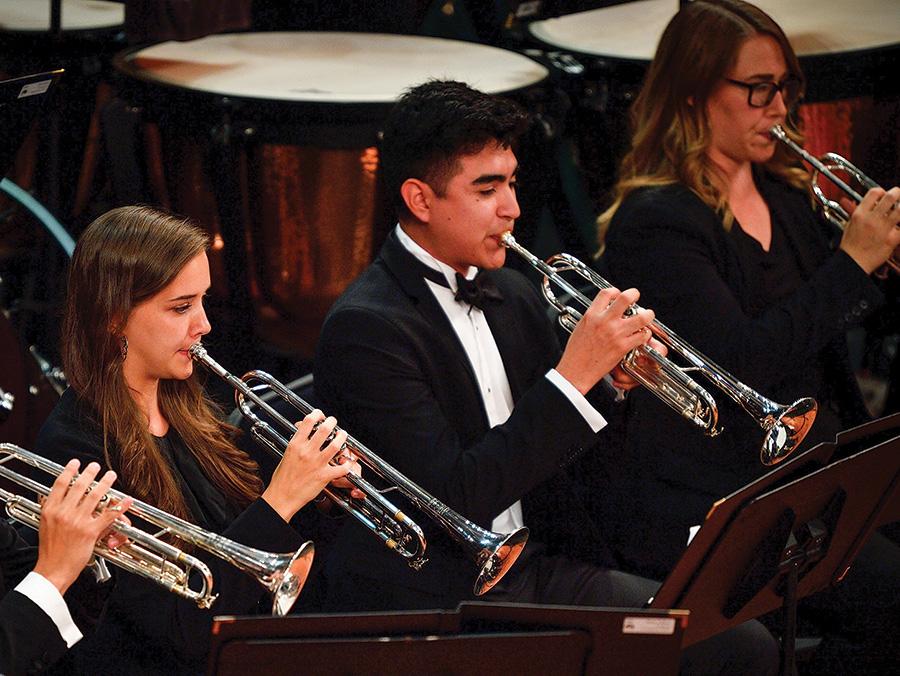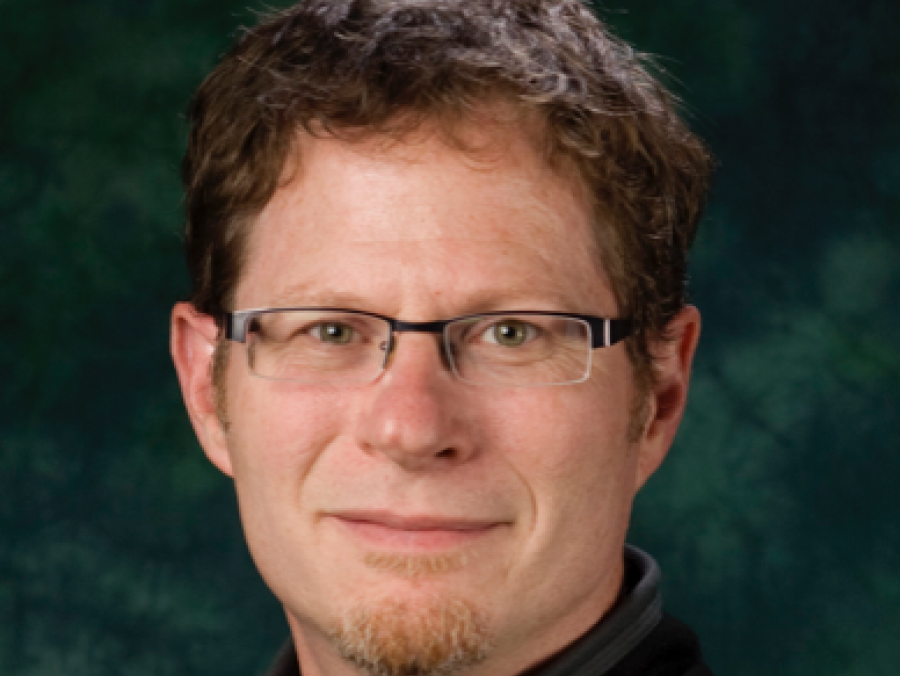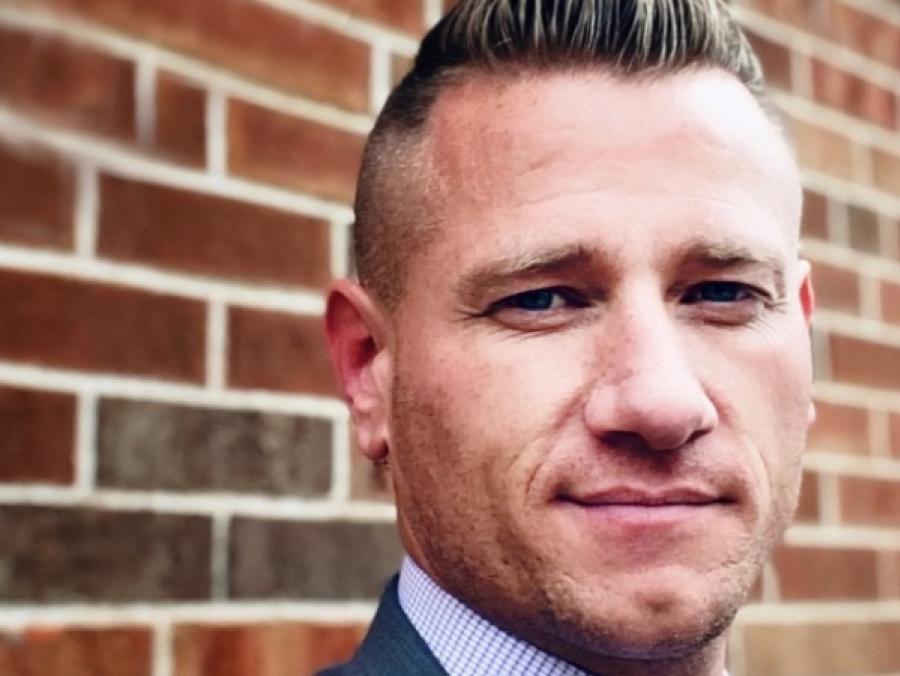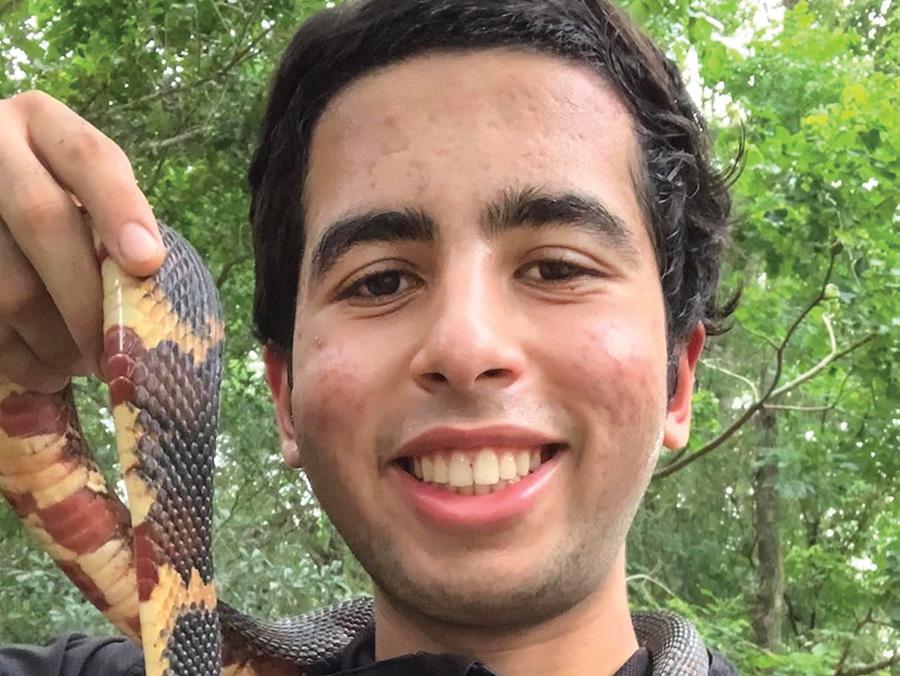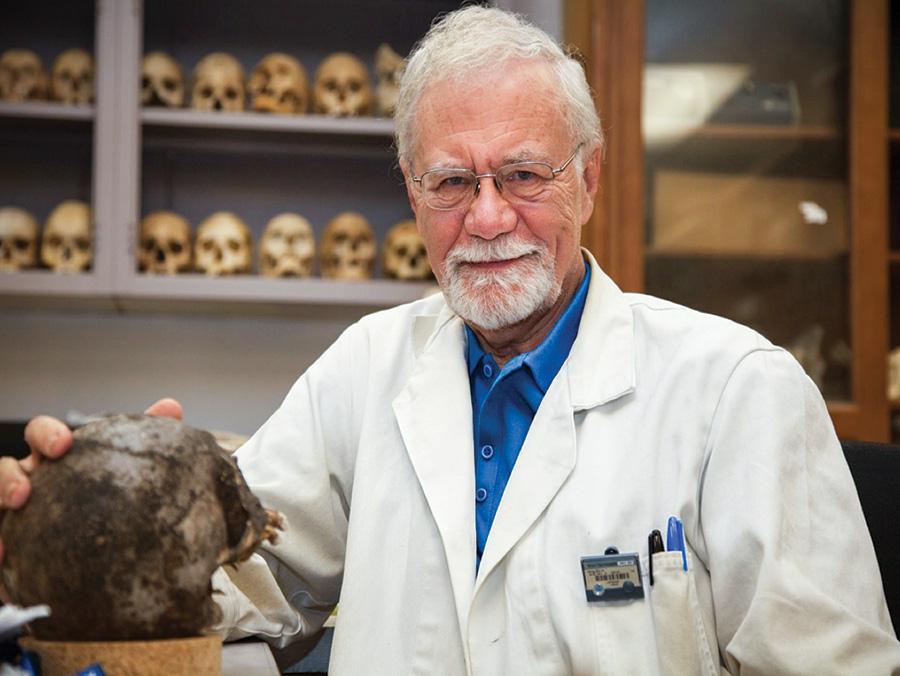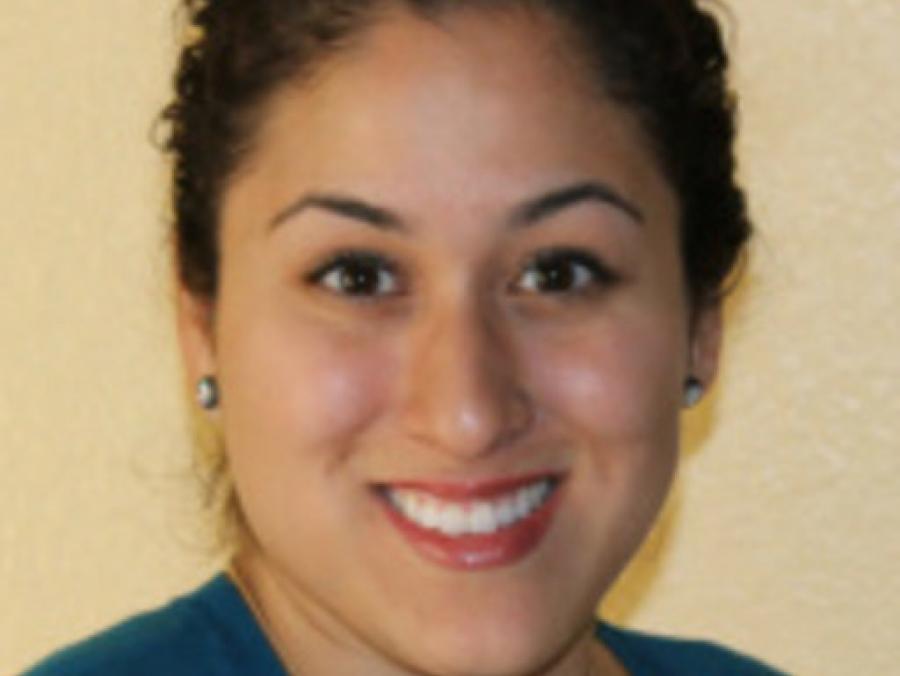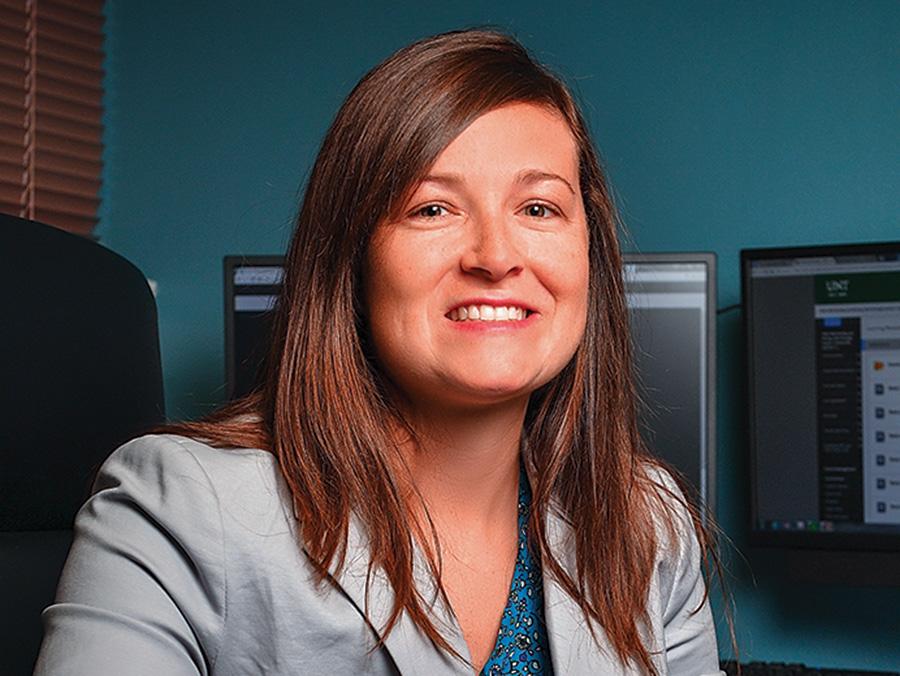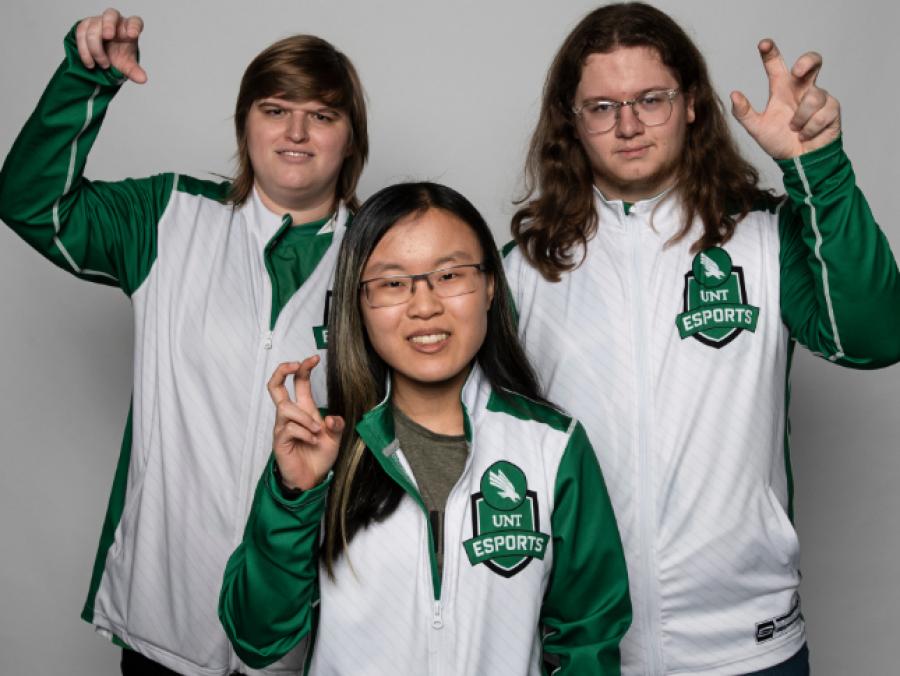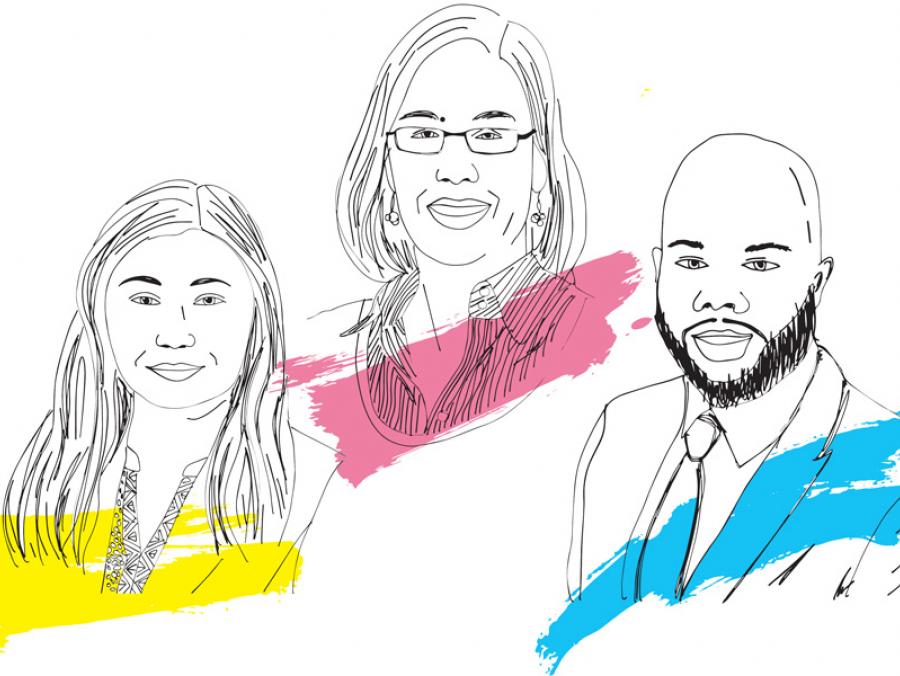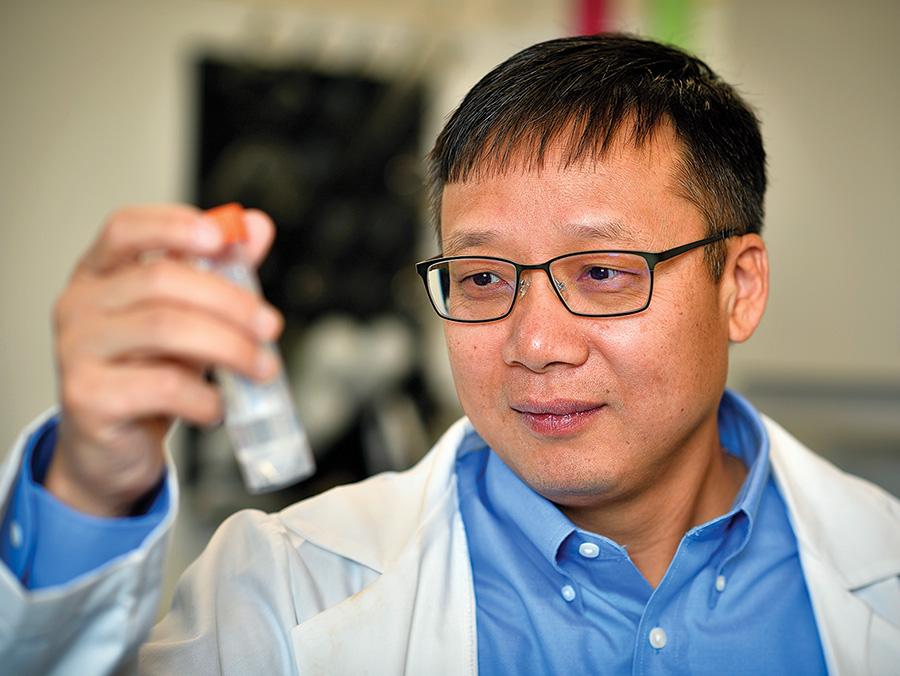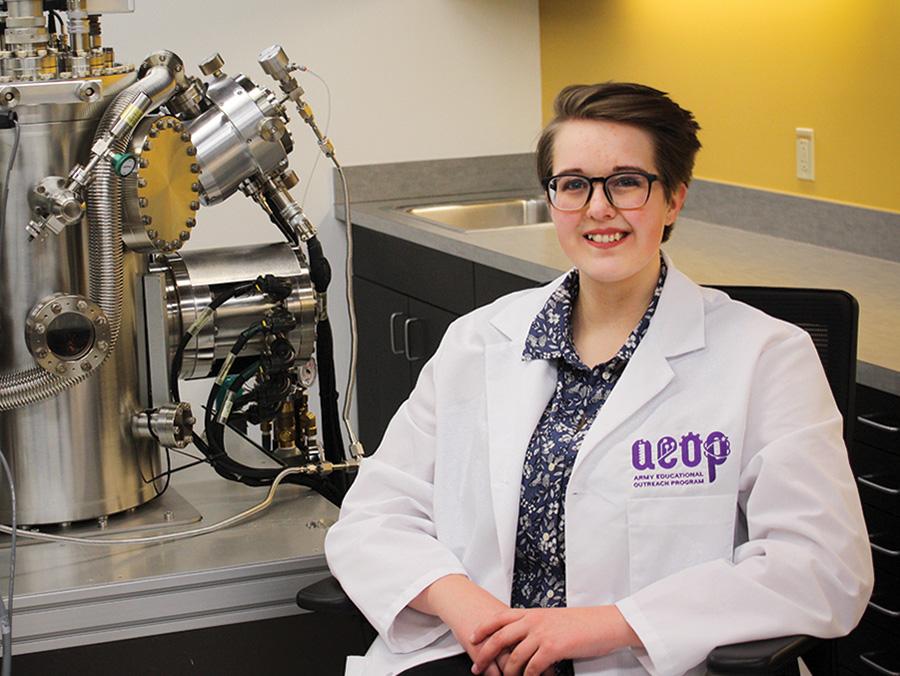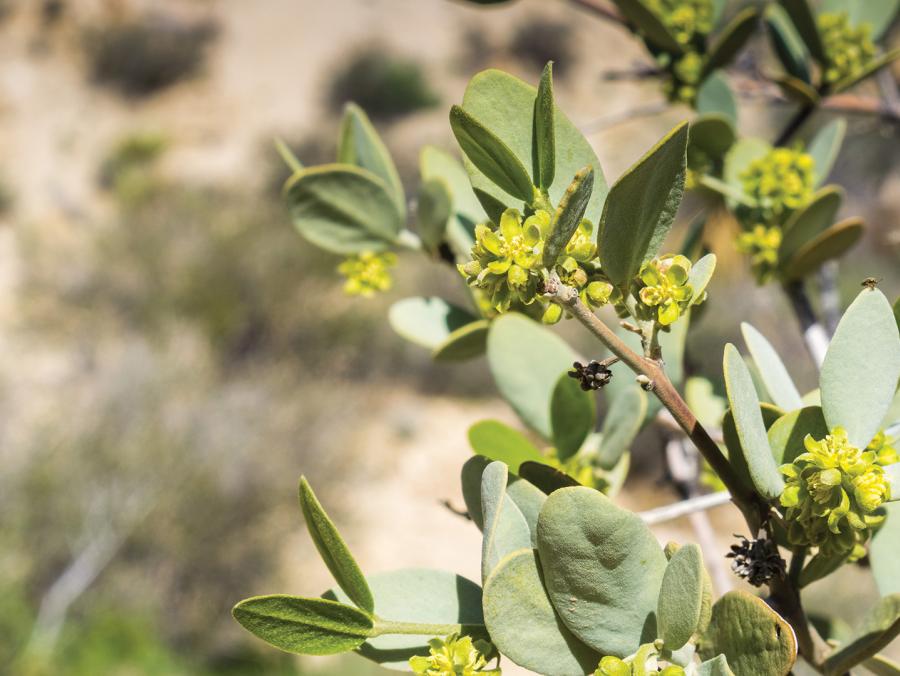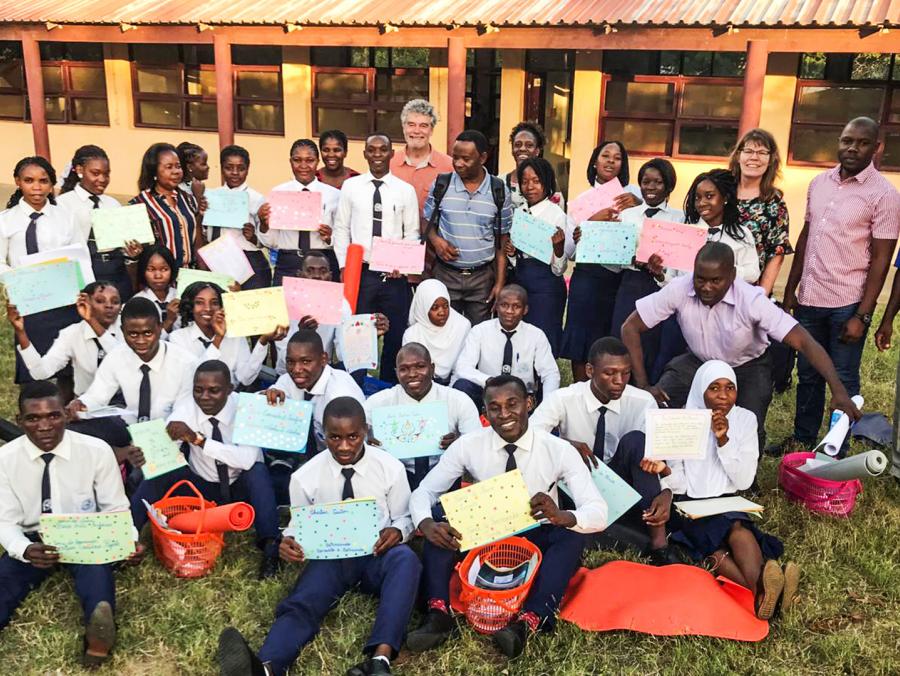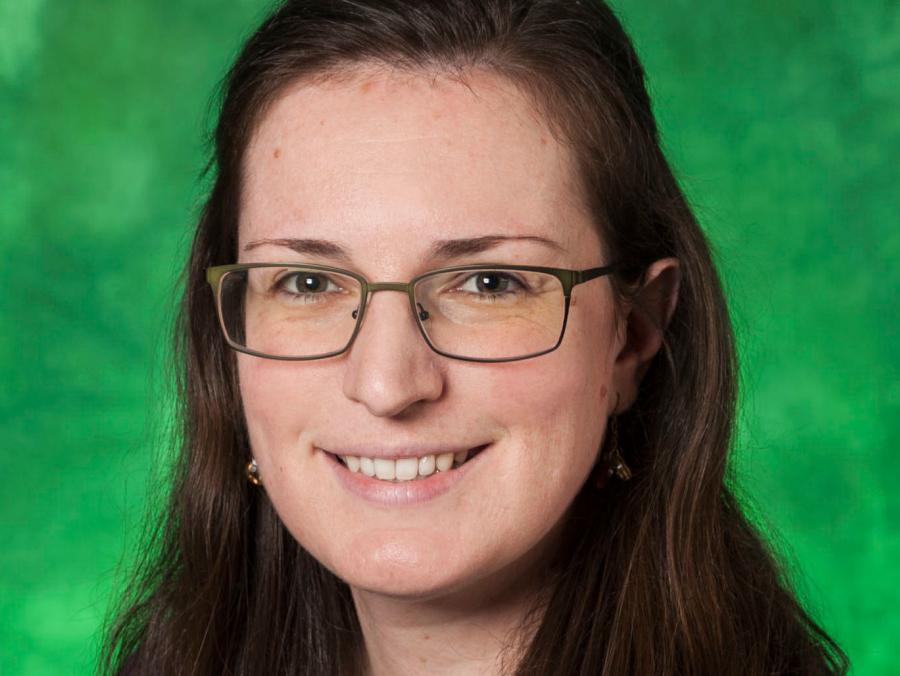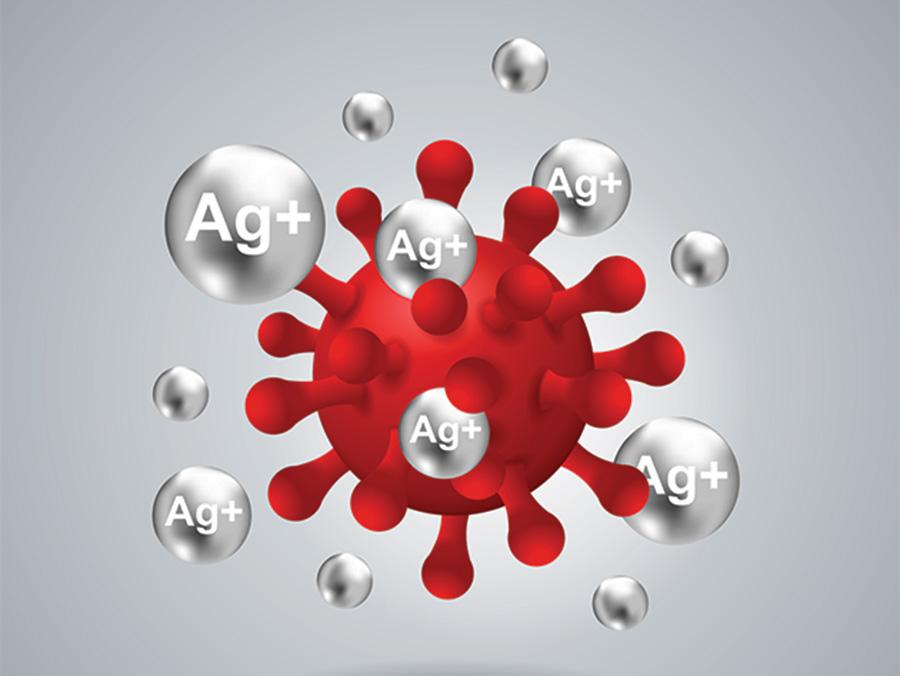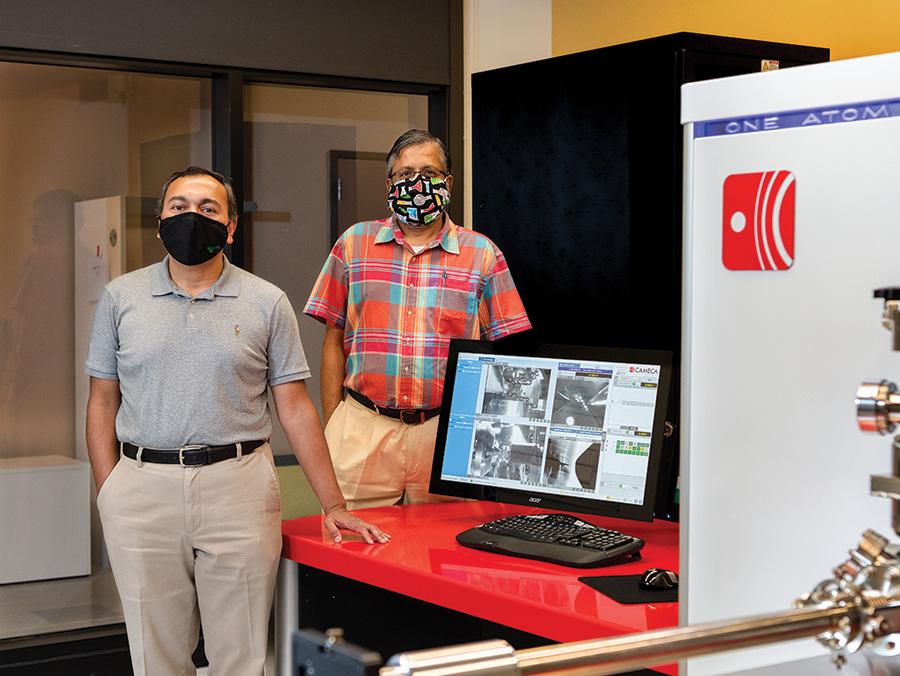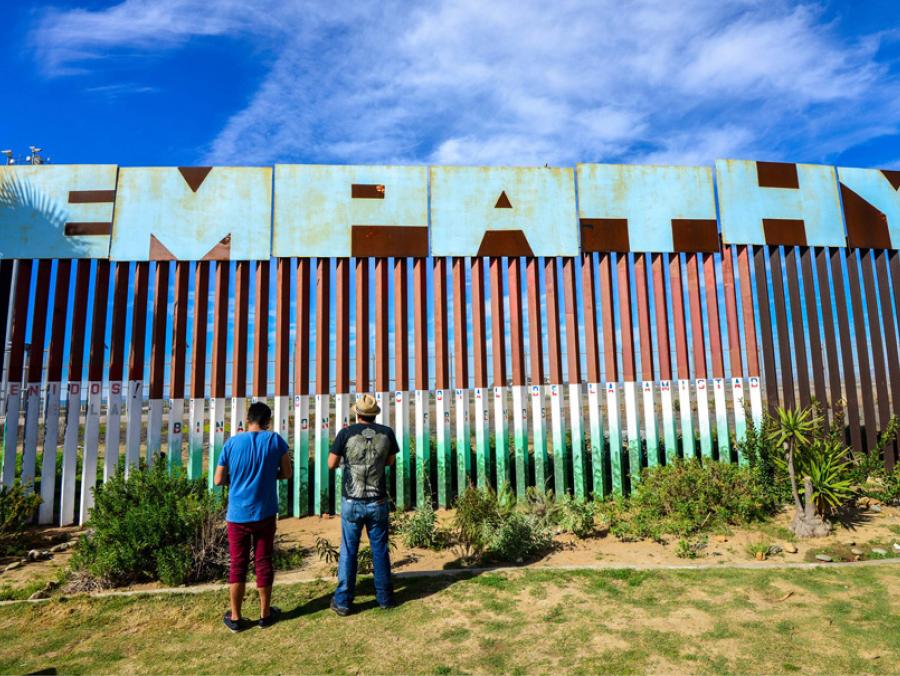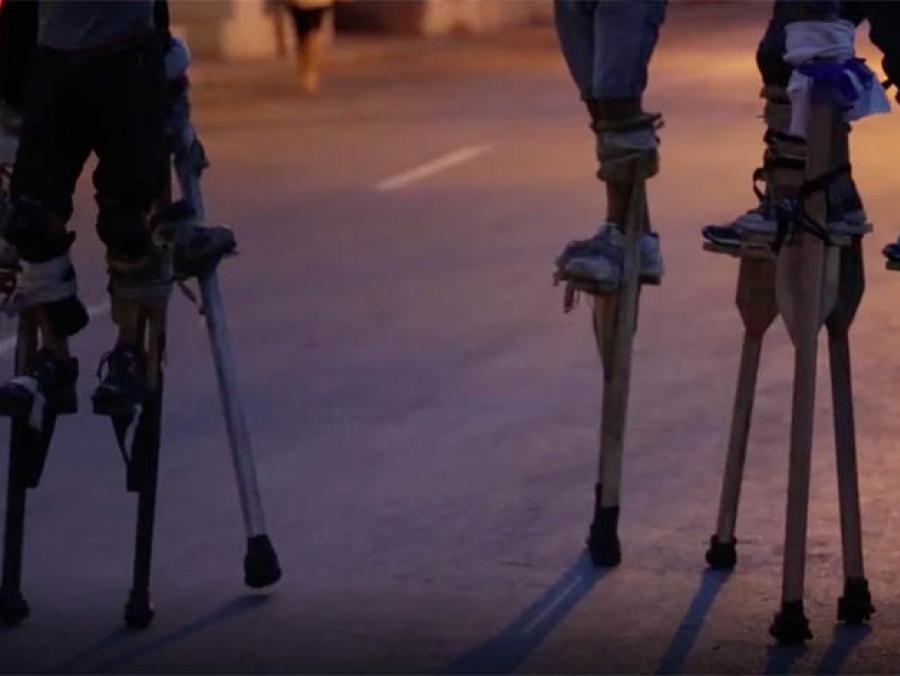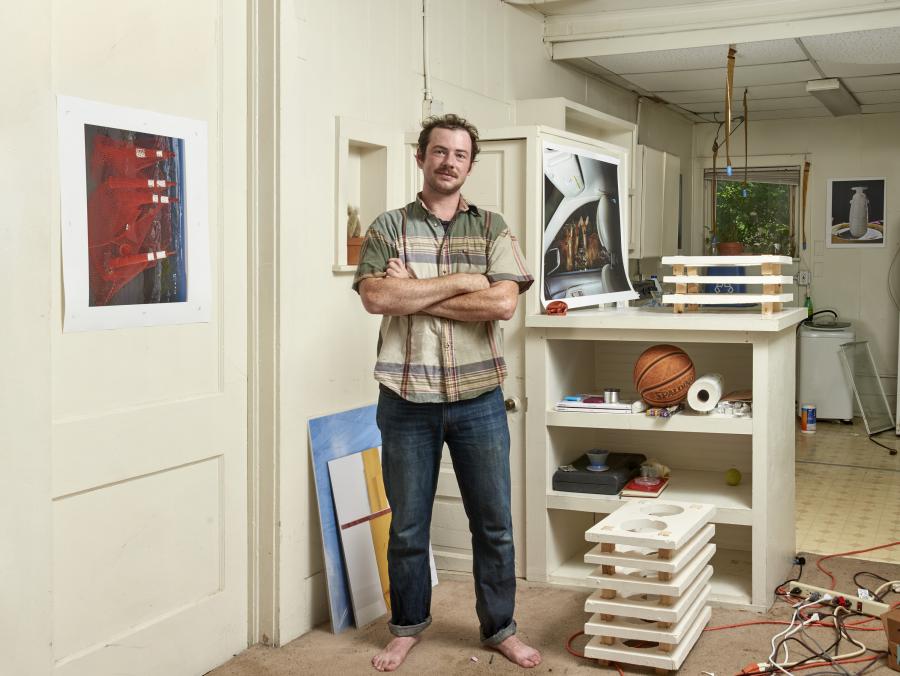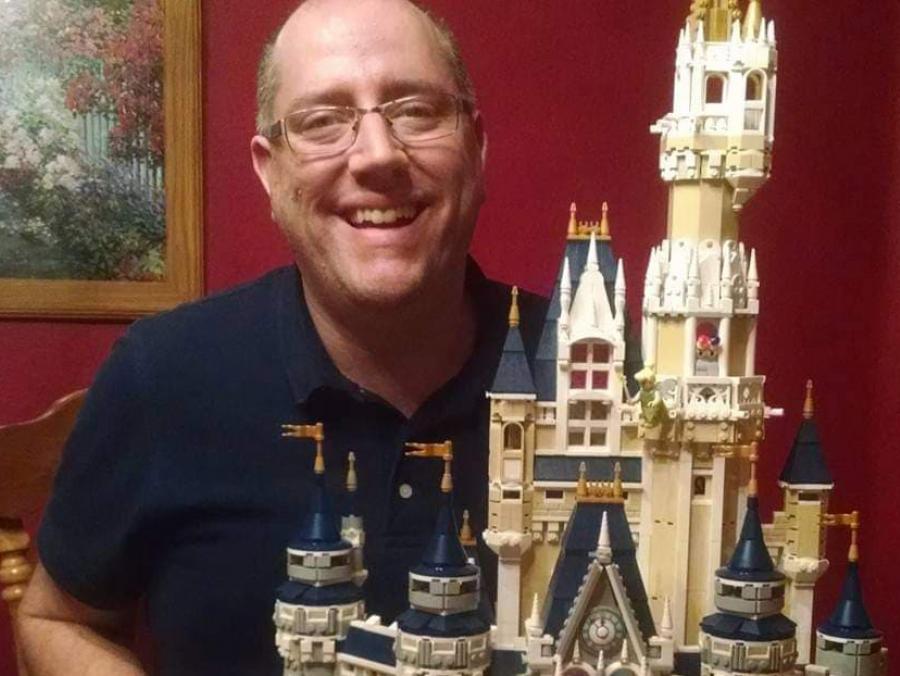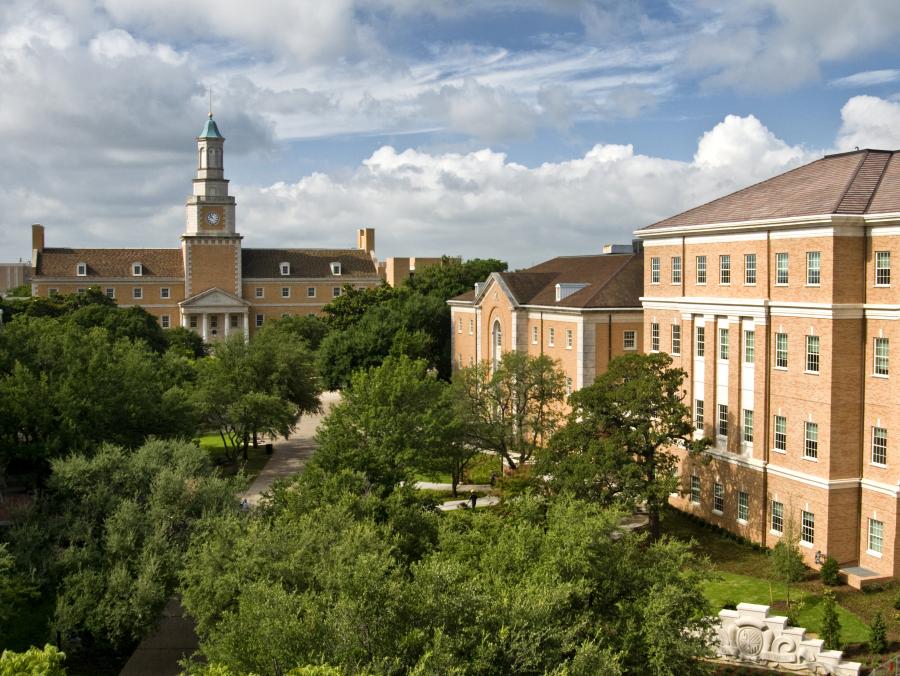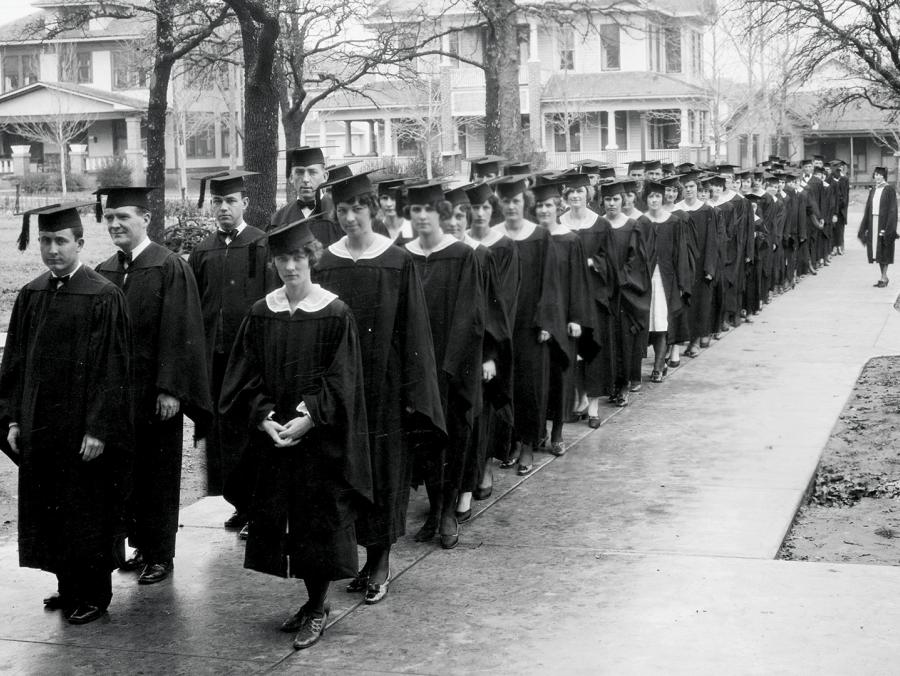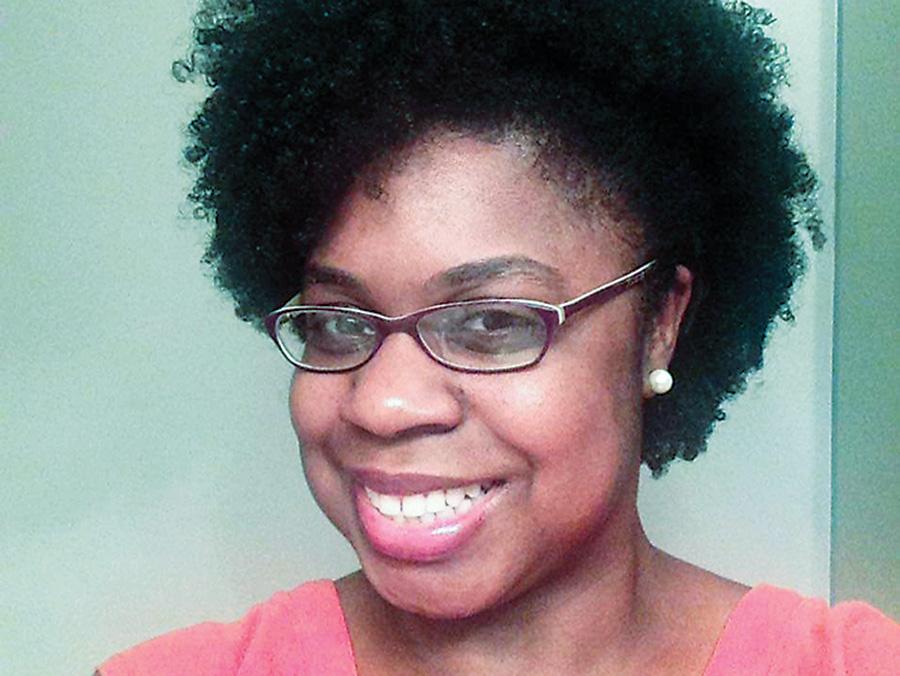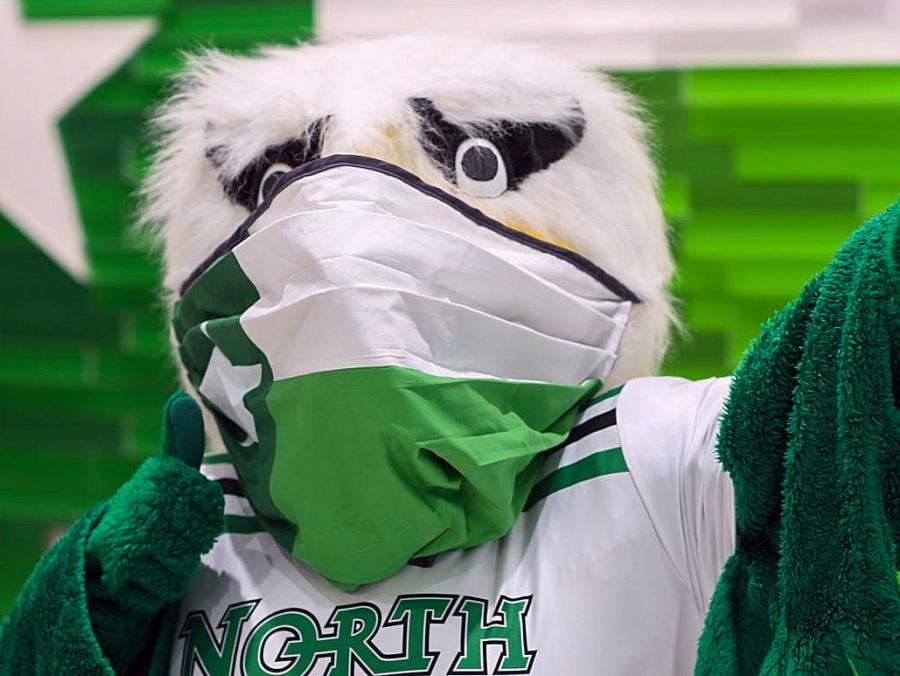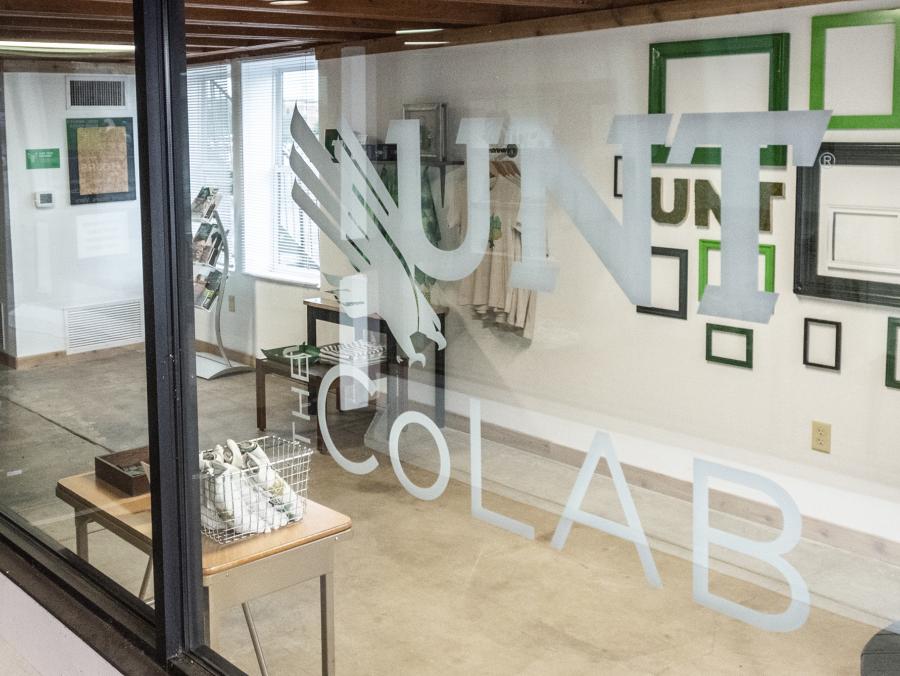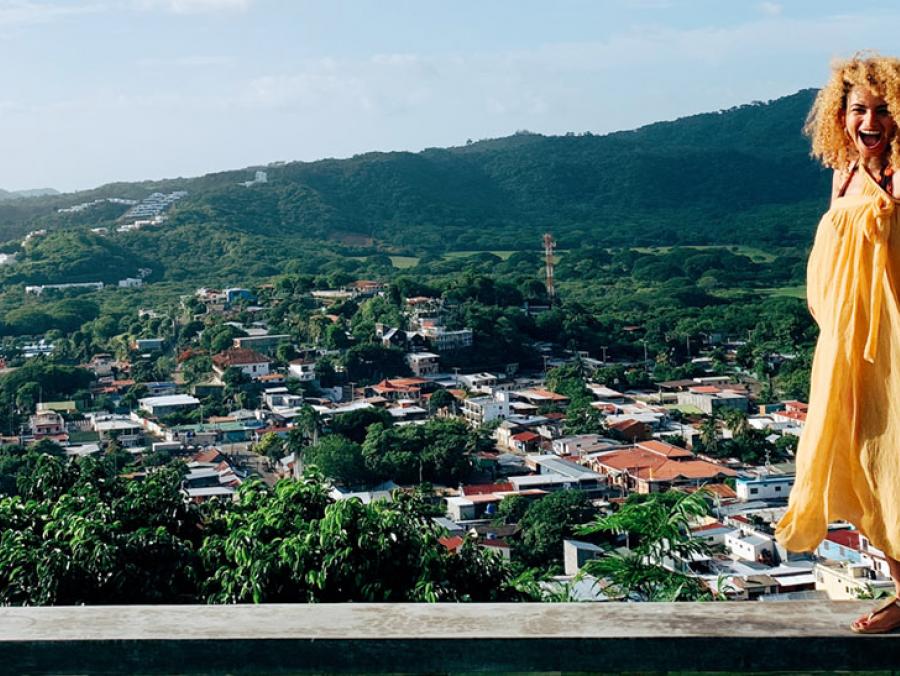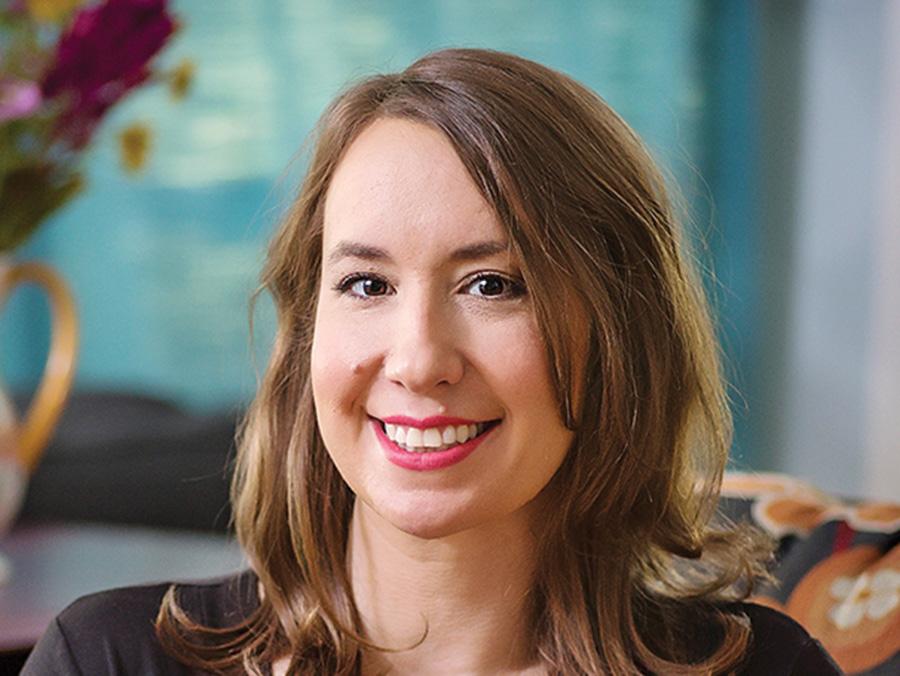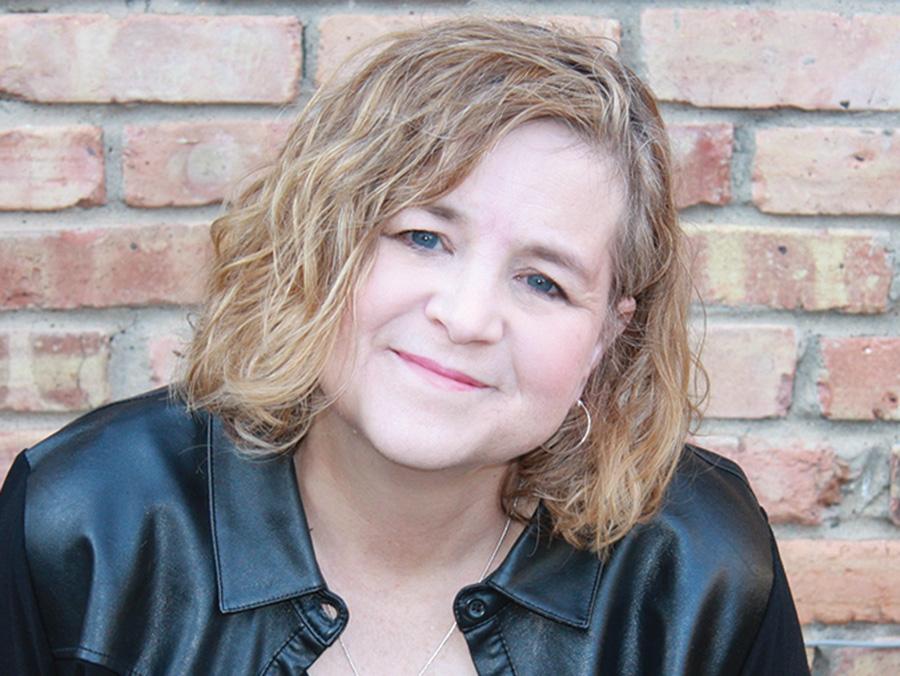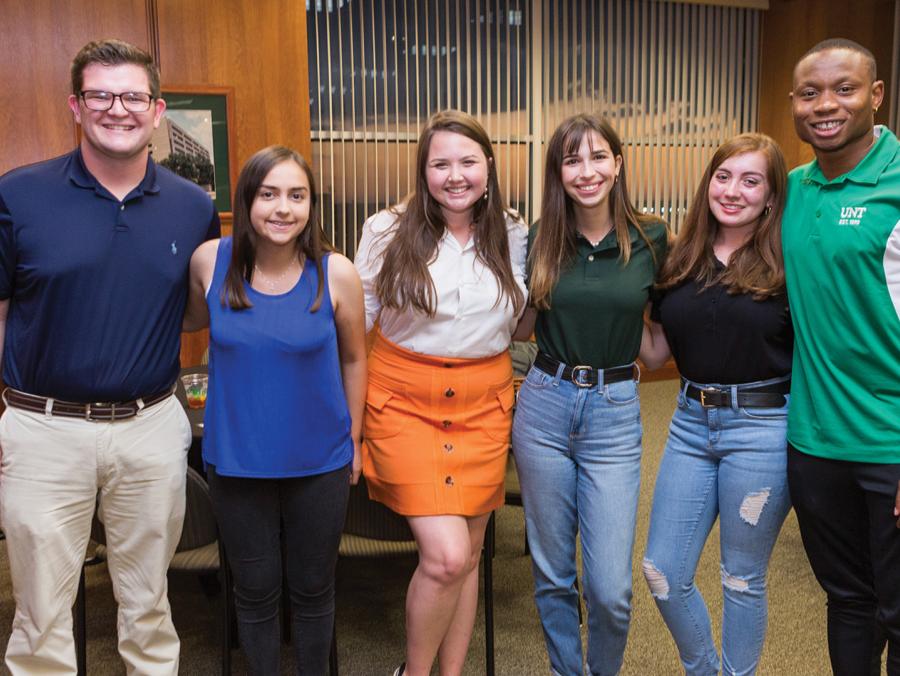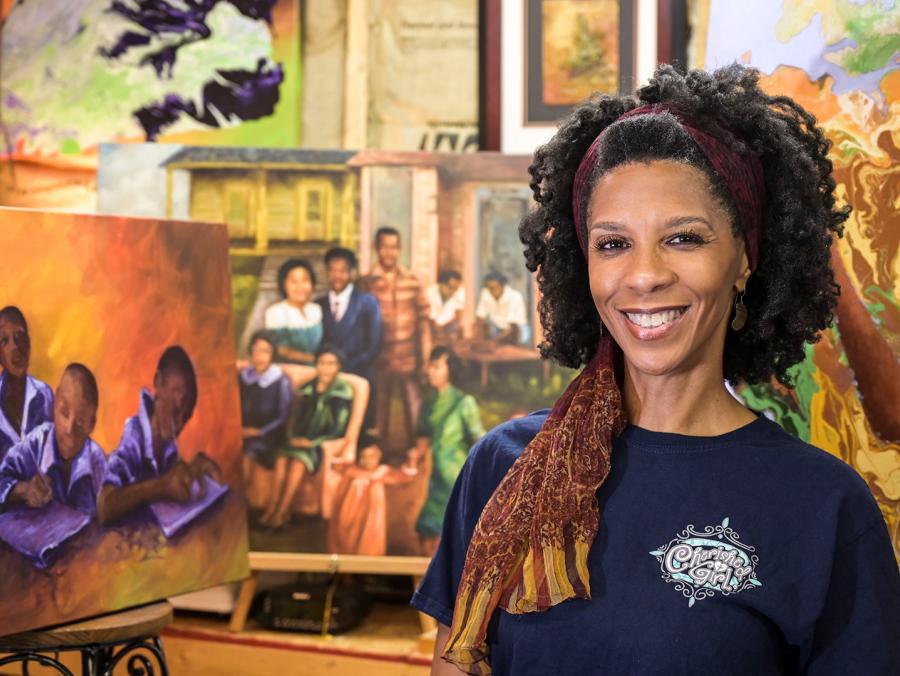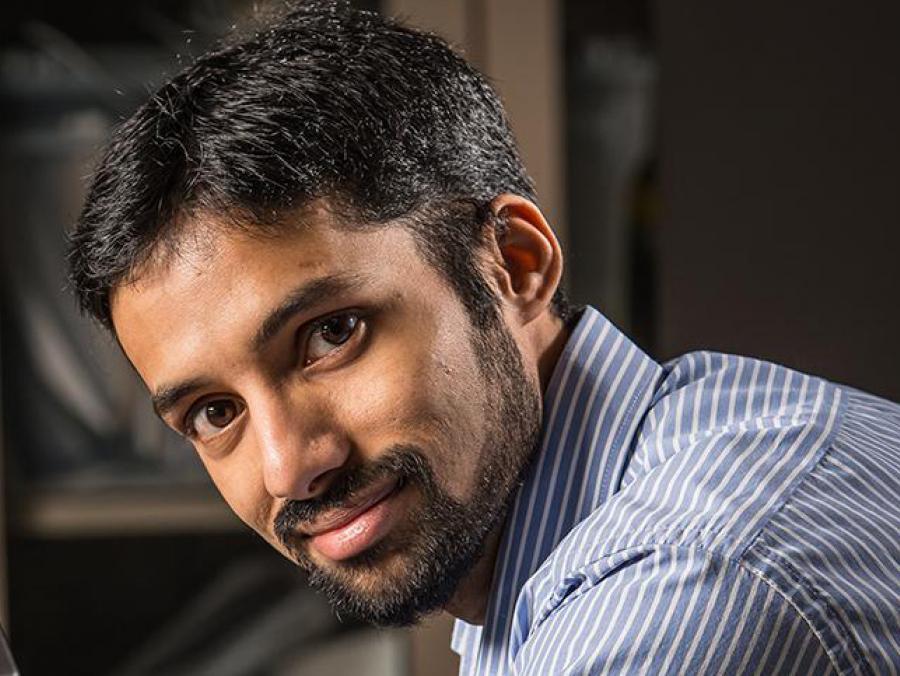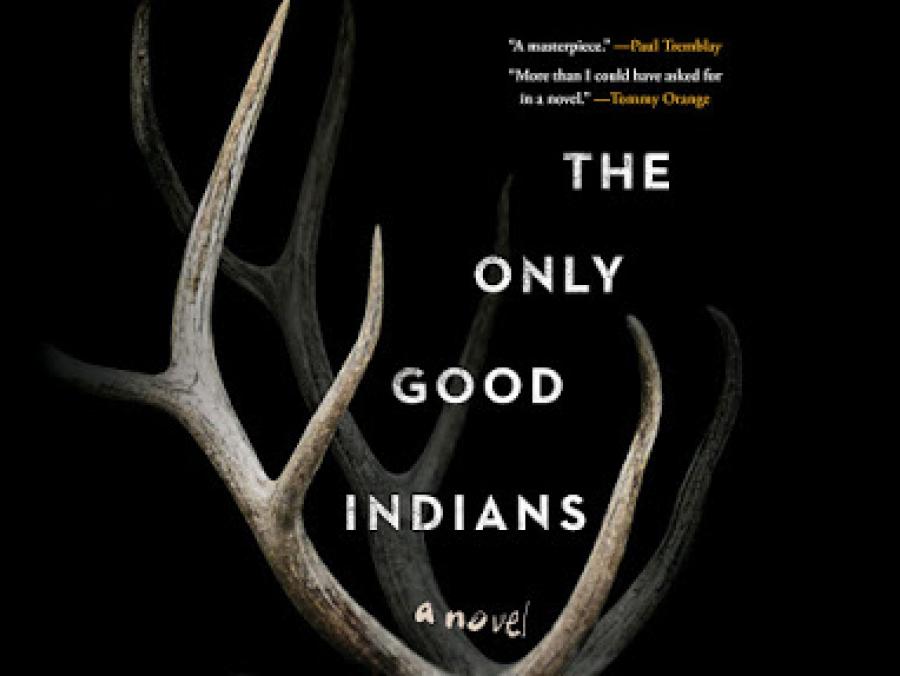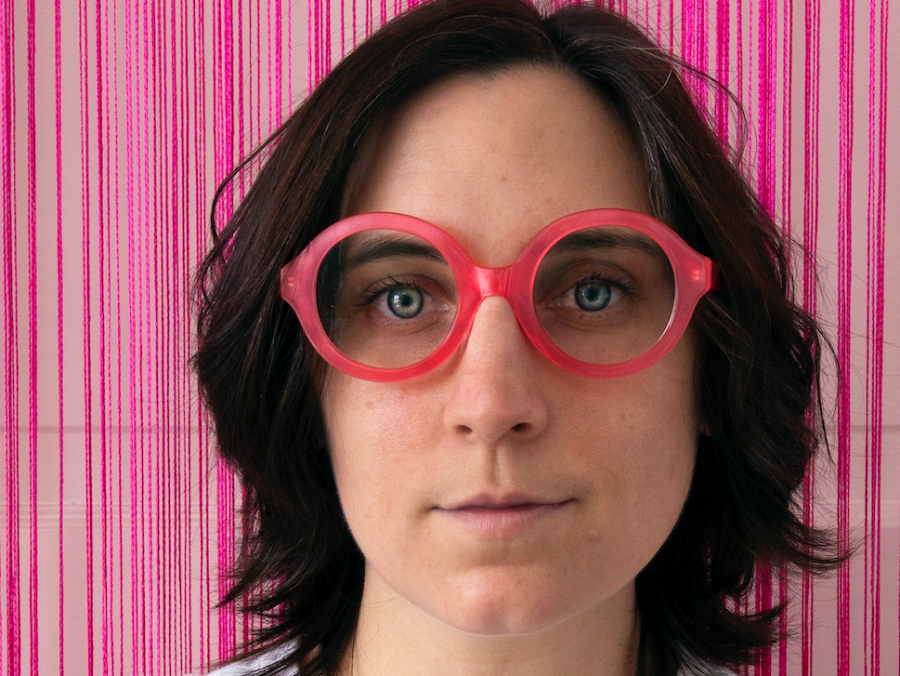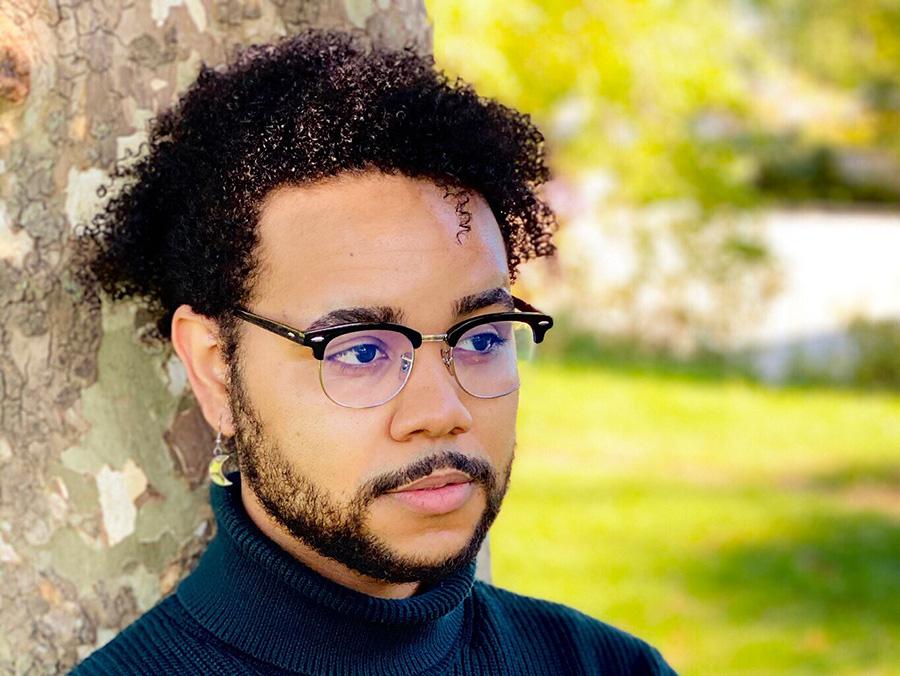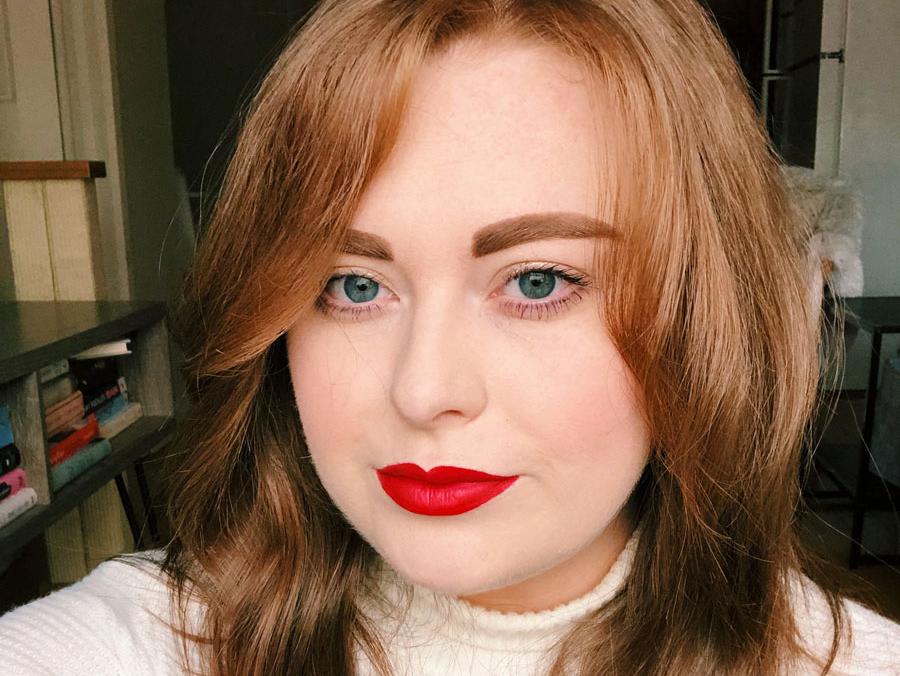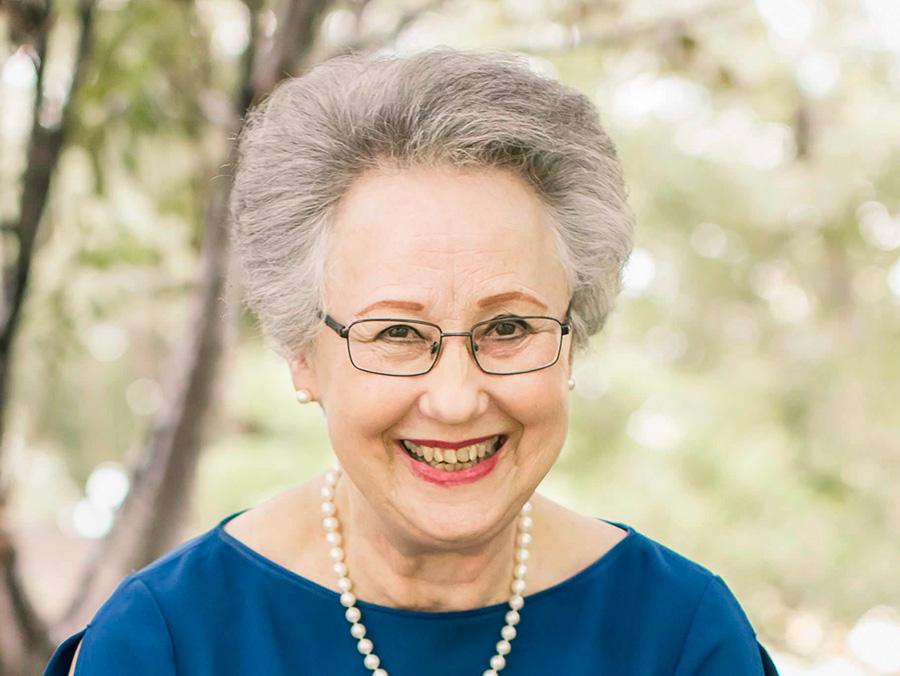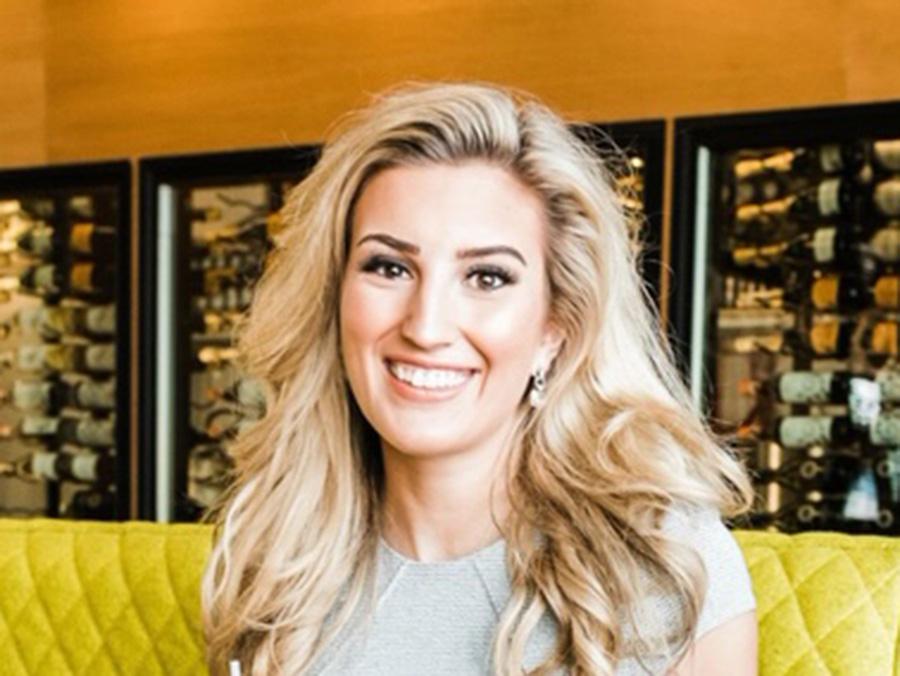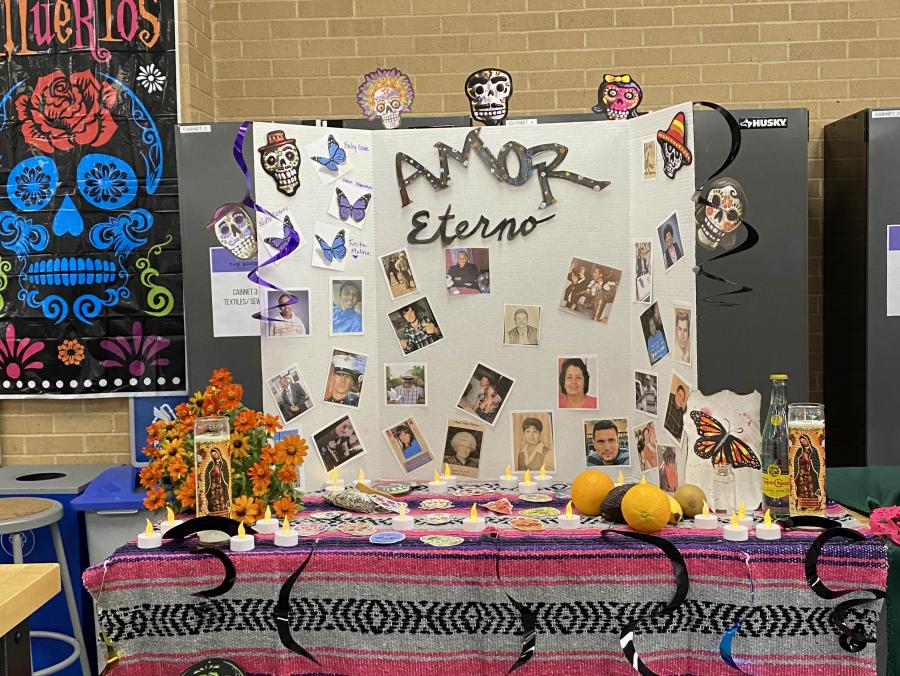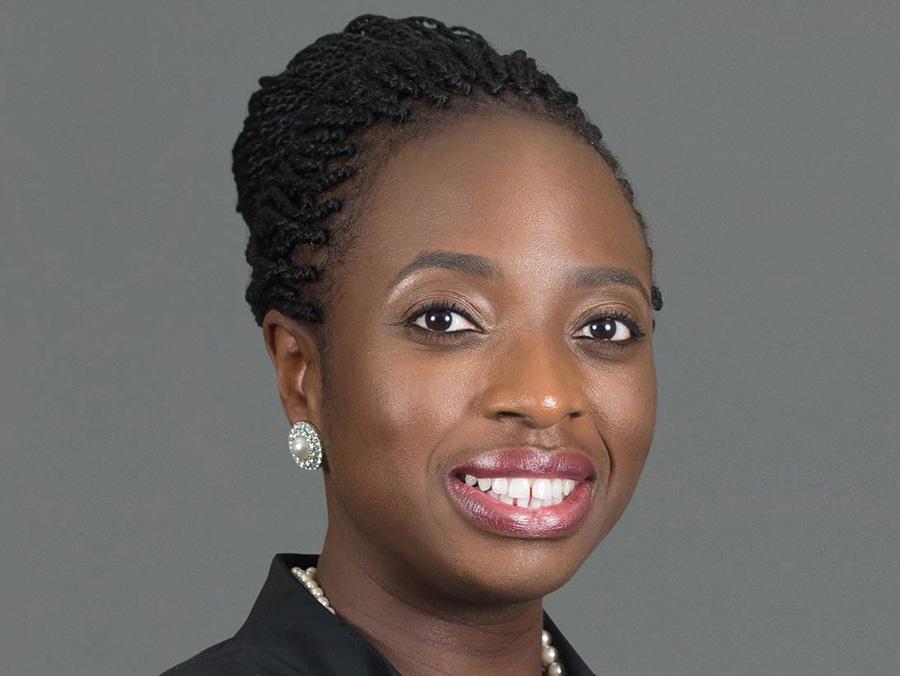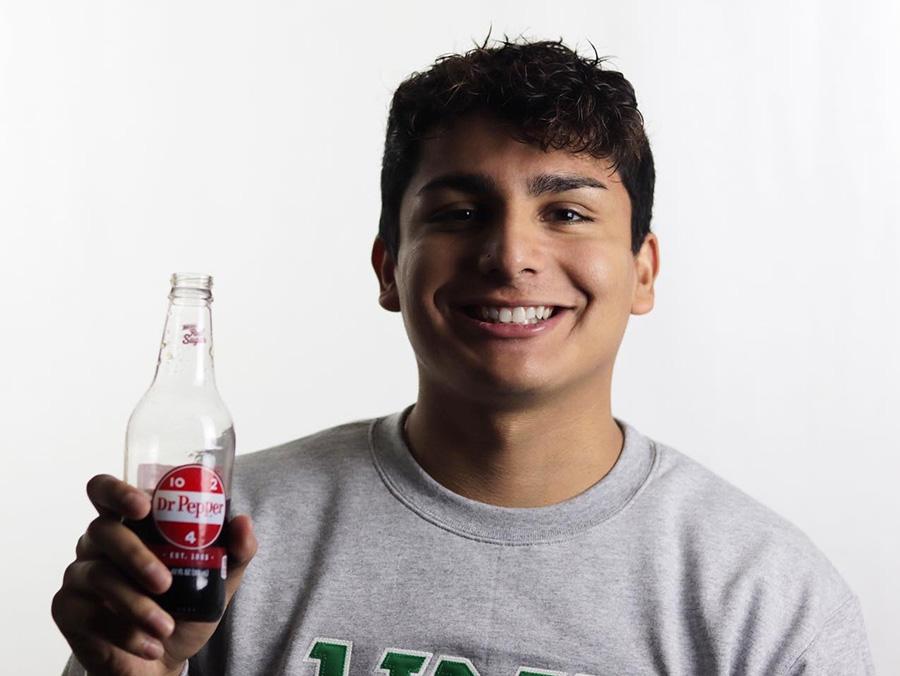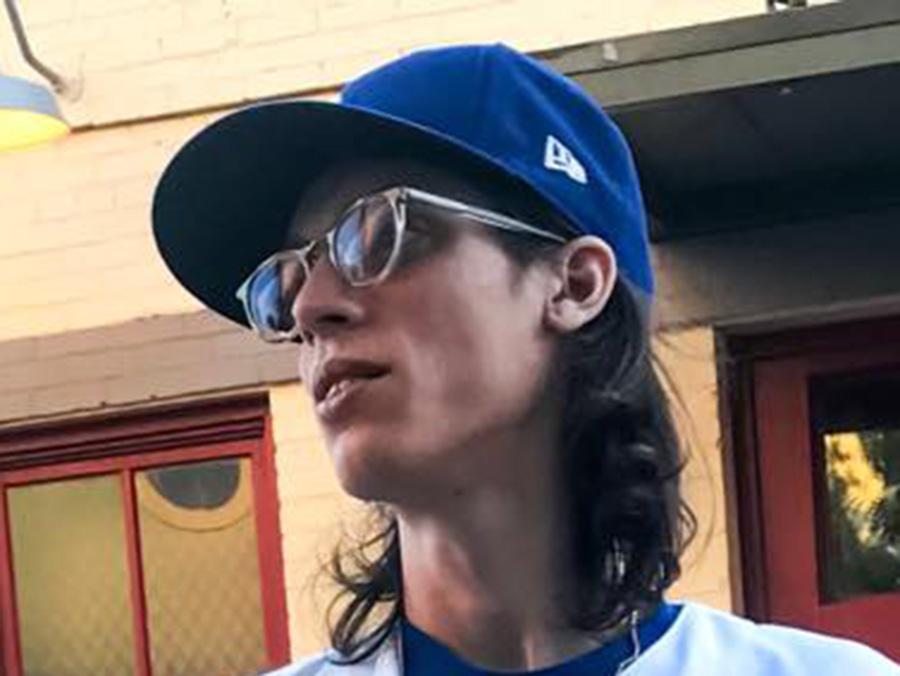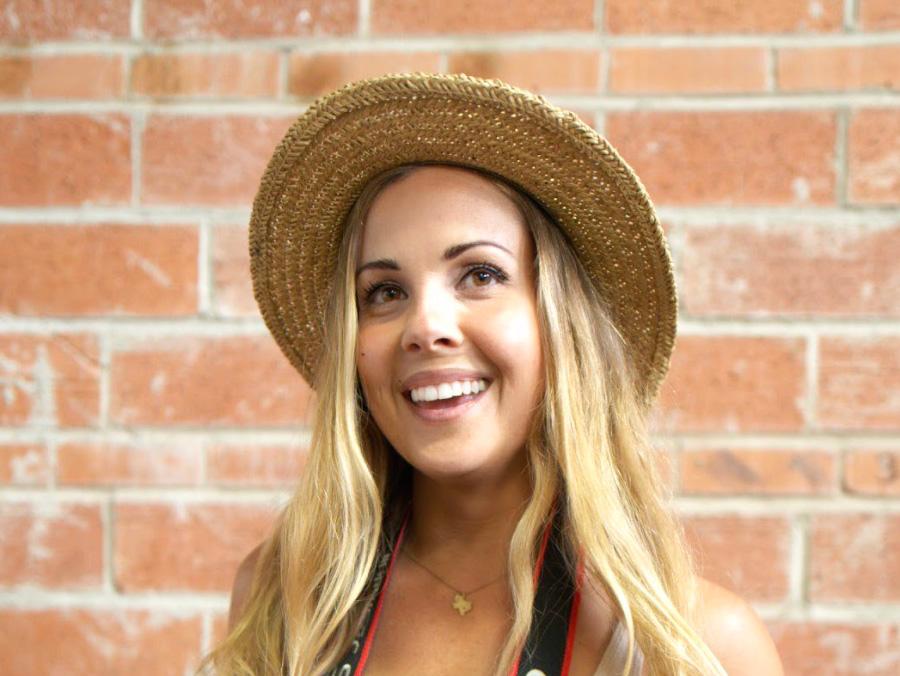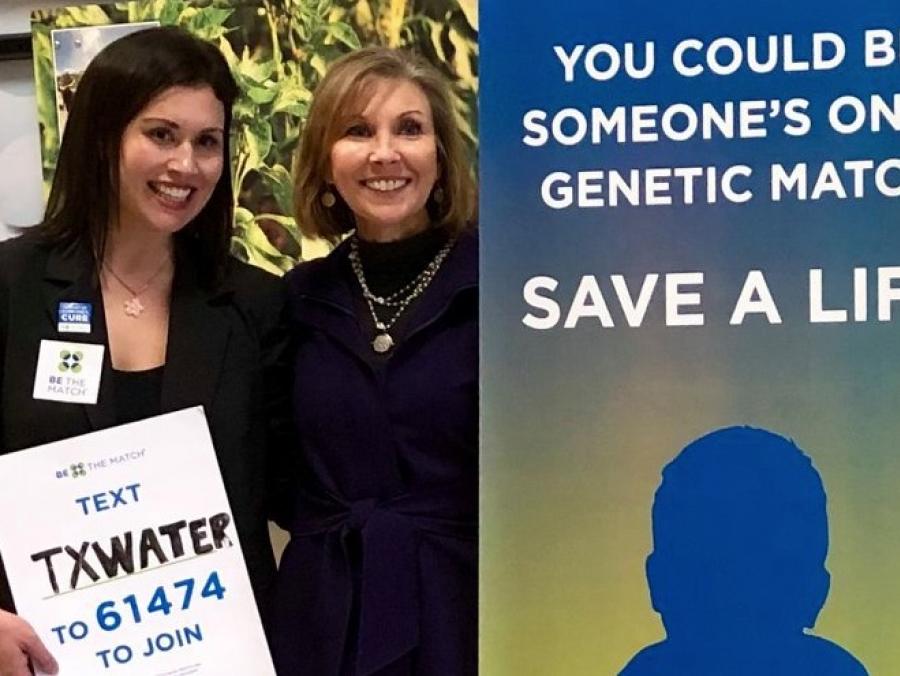rittany Hanna sits in a hotel room in El Paso, the site of her latest ICU deployment with FEMA. Though her newest orders arrived fewer than 24 hours ago, and she’s just endured a full day of onboarding, Hanna seems like the kind of woman who has grown accustomed to battling exhaustion. For nearly five years, she’s worked as a traveling registered nurse, and since the pandemic began has been spending roughly four weeks or more -- six 12-hour days on, one day off -- in various locales across the U.S.
It all began as a way for her and her husband to satiate their wanderlust. On Dec. 26, 2016, the couple donated most of their belongings, crammed everything else into their Cadillac CTS Coupe, and headed off to Hanna’s first assignment in Oregon with their dog and cat in tow. It was a whirlwind, she says, an extended honeymoon of sorts.
But the past year has been a different story.
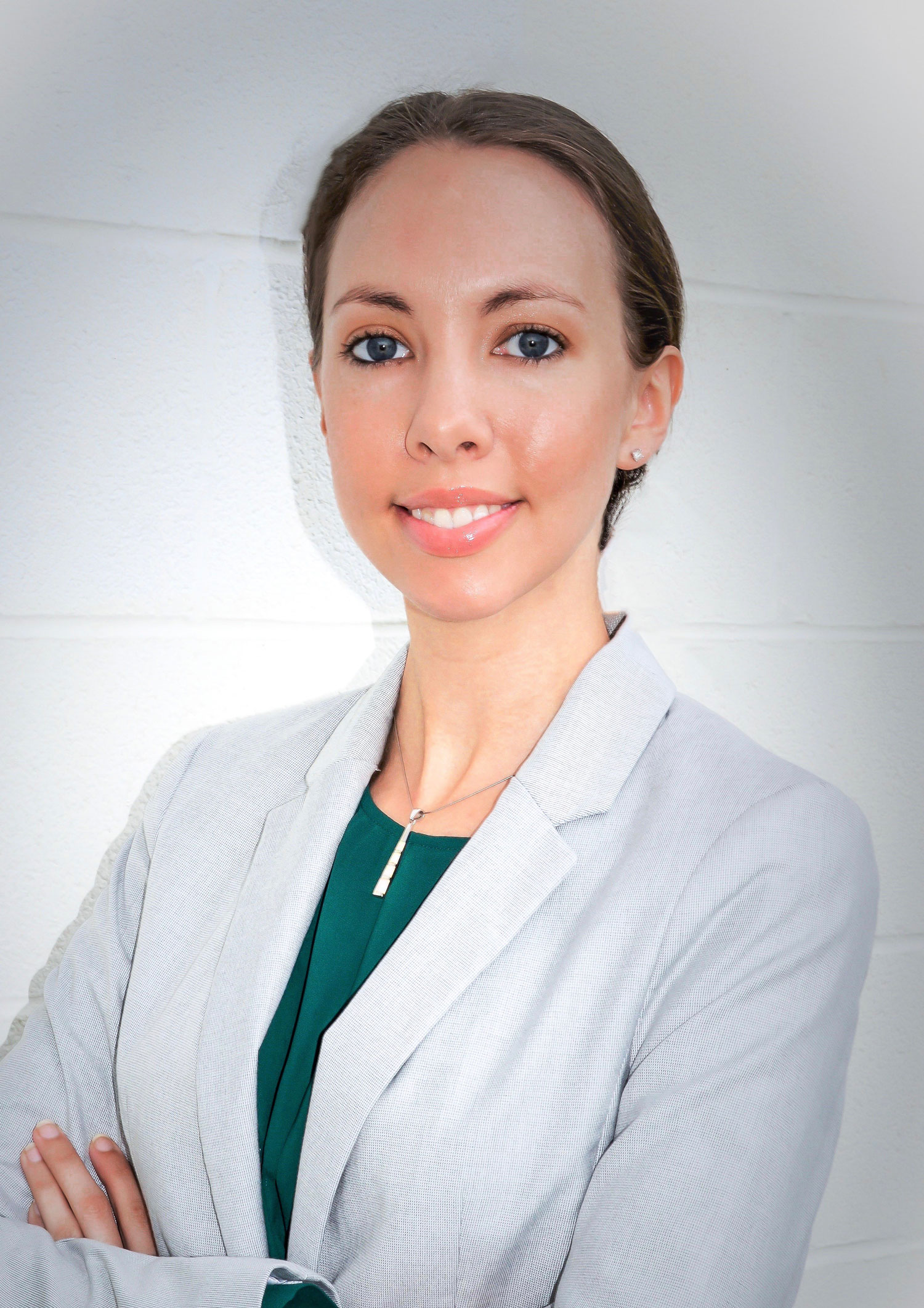
“The mental toll that COVID-19 has taken on me, as well as my colleagues, has just been -- I don’t even know how to describe it,” says Hanna, who prior to El Paso was deployed to Tyler. “We’ve seen a whole lot of death. People are just dying like … I’ve never seen anything like this in my life.”
Over the past 12 months, she’s worked tirelessly -- amid endlessly evolving guidelines and startling supply shortages -- to keep hundreds of patients alive. She’s reassured, from afar, the family members who couldn’t be there to comfort them. And through it all, she’s maintained her composure, even when additional unexpected emergencies -- like freezing Texas weather that left her hospital without heat or water for nearly a week -- called for an entirely new level of adaptability.
It’s obvious that Hanna has already done more than enough -- but her goal is to do more. When she interviewed for her first nursing job, the hiring manager asked about her five-year plan. “I want to be a doctor,” she replied. But it wasn’t until three years later, when she decided to finish up the final classes required for a pre-med track, that she told anyone else of that dream. She worried, What if I fail?
She hasn’t. Even amidst the grueling tours to COVID hotspots, Hanna has reached out to professors who have helped her navigate the challenges of a full-time job and science-filled class load. She’s played recorded lectures over and over while driving to and from UNT and across state lines to her places of employment. She’s completed her classwork, even if it had to happen in the car or at the end of those strenuous 12-hour shifts.
It’s been tough, Hanna says. But she’s no stranger to tough times.
“When I was a kid, all I wanted was to make something of myself because I knew that would help me get out of the situation I was in,” says Hanna, who earned her bachelor’s degree in nursing from Grand Canyon University. “I knew that was my ticket to a ‘normal’ life.”
The man in the ICU, whom she encountered a few years ago while stationed in California, broke Hanna’s heart. He’d been brought in following a railroad-related injury, and though it was clear the new husband and father was in the nascent stages of adulthood, his youthful looks already were marred by addiction.
The hospital was nearly 2,000 miles from Hanna’s childhood home of Hog Jaw, Arkansas, but seeing the man instantly transported her back to that tiny town of fewer than 200. He looked much like her mother used to, ravaged by an addiction to methamphetamines. When Hanna was born, her mother -- a nurse herself -- managed other nurses for home health care patients. A few years later, suddenly and inexplicably, it all unraveled.
“I’ve endured many of the unimaginable repercussions that come along with a parent addicted to drugs,” says Hanna, whose desire to become a doctor was further intensified by that encounter in California — a hunger to help those suffering from addiction and their families. “These are things that aren’t talked about enough, but they shouldn’t be taboo. There are so many people who have gone through things like this.”
Hanna spent much of her childhood in different households, particularly when the consequences of her mom’s addiction grew worse. When she was 12, their house caught fire, presumably from drug manufacturing. Her mom frequently pawned Hanna’s belongings, even her clothes. She grew accustomed to reaching for the steering wheel while her mom was driving, in an effort to avoid wrecks. It was one of the many ways she was forced to take the wheel.
Like when she was 16, and her mother announced she was pregnant with twins.
“I went to every single doctor’s appointment with her -- I wanted to make sure I knew everything there was to know,” she says. “Because immediately, when she told me she was pregnant, I was like, ‘Oh, that means I'm going to be a mom one day like real, real soon.’”
Nine years later, in 2018, that day officially arrived. For years, Hanna had tried to obtain guardianship of her younger brother and sister, but the efforts had failed. This time, following her mother’s second arrest and incarceration, Hanna and her husband won custody and tried their best to bring some normalcy to the children’s previously tumultuous lives. Hanna’s husband stopped traveling with her so that the kids would have a stable, permanent home base, and Hanna ensures she always makes time to spend with them, no matter what’s going on at work or school. It’s not easy. But the experience has given her a renewed sense of purpose.
“I want my brother and sister to see what it takes -- that you have to work hard for what you want,” Hanna says. “I want them to see that in me, so they don’t fall into the trap that’s prevalent with kids like us who have been through so much.”
Now, Hanna is only one course shy of completing her pre-med track. She recently took her Medical College Admission Test, and despite a lower score, received interviews at the New York Institute of Technology, University of Arkansas Medical School and A.T. Still University in Arizona.
As a kid, when all she wanted was to make something of herself and leave the bad memories behind, she never imagined she would be where she is now. But it’s education and faith, she says, that has made her present possible. UNT faculty and staff -- like Samuel Ogden, adjunct professor of biology; Sushama Dandekar, principal lecturer of chemistry; Gary Glass, professor of physics; Jessica Moore, lecturer and advisor of genetics and molecular biology; Reiko Lukic-Zrnic, adjunct professor of physics; and Lizette Ozog, senior academic counselor -- have helped her work through the difficulties of being a student, as well as a full-time guardian and nurse.
“Each professor I’ve had has been more than accommodating to ensure that I’m as successful as possible as a student,” she says, “and to me that is invaluable.”
And while she may not be precisely certain what the future holds, like any good traveler, she’s prepared for the journey.
“I never knew I could have the confidence I needed to complete an education like I have. I didn’t even think I was smart enough to be a nurse when I applied to nursing school, yet here I am,” Hanna says. “I will become a physician one day. I cannot wait to see what God has in store for my family.”




